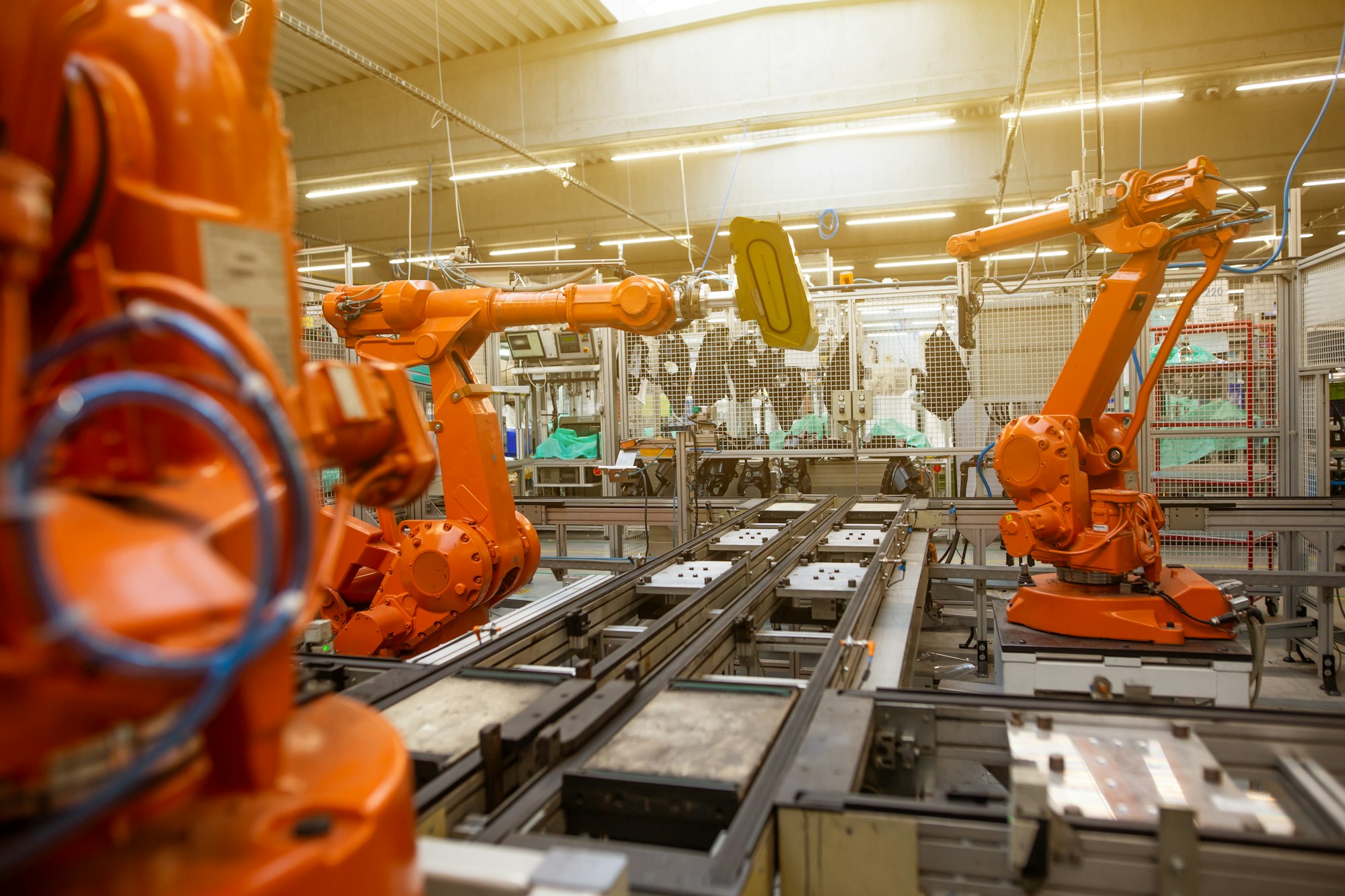Software automation boosts efficiency by generating results way quicker whilst also trying to address IT and company work - flow difficulties.
What exactly is automation?
The use of technology to perform tasks with less human intervention is known as automation. Automation can be applied to any sector which has routine work. Nonetheless, it is more common in the production, artificial intelligence, and automotive manufacturing, as well as in new tech IT systems and company decision software.
Why should you automate?
Businesses benefit from automation as they embark on their digital transformation journey. Organizations today face significant disruption—consider Airbnb, Amazon, and others. They are challenged to support their employees and partners as quickly as possible, as well as to reach new customers and provide new, innovative products and services.
They want and need to be the ones to disrupt their industries.
Automation is critical for managing, changing, and adapting your IT infrastructure as well as how your business operates via its processes. Change automation can free up time and energy to focus on innovation. The automated enterprise seeks to complete tasks more quickly. This frees up IT staff to focus on more serious issues, resolving them and making them routine and automatable as a result.
The Benefits of Automation
Humans aren't always replaced by machines. Some of these changes will happen as a result of stripping away actions that involve interaction with people, but the spotlight and perks would be noticed in efficiency, continuity, and reliability. This is the automation paradox: as automation enhances in efficiency, human influence becomes much more significant and less common.
Automation, rather than being viewed as a tool that eliminates jobs, allows more experienced IT staff to concentrate on larger issues and solutions to them instead of ordinary, day-to-day, routine work.
Benefits
Enhanced productivity
Your staff members would be able to spend more time to making a bigger impact on your business. Enable the operating system to take better care of such rote learning.
Enhanced dependability
There seem to be fewer missteps and concerns whenever the level of human interference is lowered. The very same incidents occur in the exact way each time. That way, you'll know when methods, exams, upgrades, routines, and the like will happen, how long they'll take, and how you can rely on the results.
Management is simplified.
More people at the event raises the chance of blank spots. More knowledge gaps imply that one part of your company is unsure of exactly what or who is implicated with the other corner. All of it needs to be programmed.





